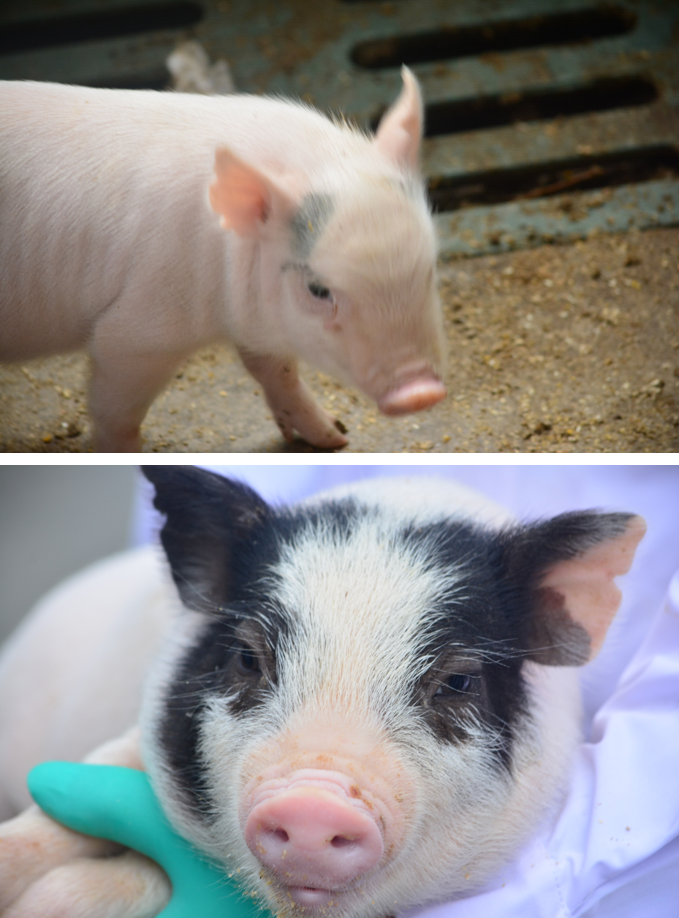Welcome to pig retrotransposon insertion polymorphism database (PigRIPdb)

Retrotransposons comprise approximately 40% of the pig genome (PMID: 31080521). Among these, SINEs are shorter than LINEs and LTRs, highly tolerated by host genomes, widely distributed, and exhibit significant activity and polymorphism in mammals such as pigs, humans, and rabbits. Extensive studies have identified large-scale SINE RIPs in humans, rabbits, dogs, and pigs. Additionally, SINEs, being larger DNA fragments (typically over 100 bp) compared to SNPs, often contain functional elements such as promoters and enhancers, indicating that SINE RIPs may exert stronger genetic effects than SNPs. SINE insertions have the potential to alter gene function and activity by incorporating regulatory elements, modifying gene splicing, or influencing epigenetic regulation, which can lead to phenotypic variations. Consequently, SINE RIPs have emerged as valuable genetic markers for population genetic analysis, evolutionary studies, quantitative trait loci (QTL) mapping, and genome selection, complementing SNPs in genomic research.
We developed the PigRIPdb database, which comprises SINE RIPs extracted from raw sequencing data using a novel pipeline, as well as those identified from assembled genomes in a prior study (PMID: 34183049). After eliminating redundancies, the first version of PigRIPdb includes a total of 82,227 non-redundant SINE RIPs.
